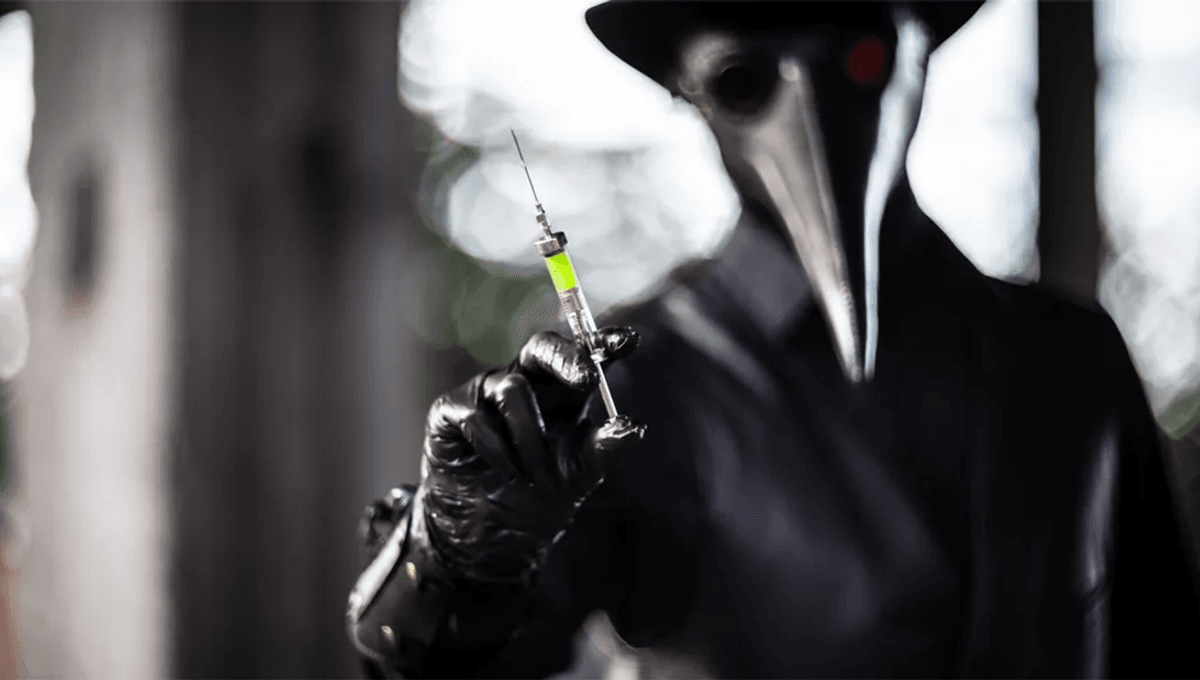
Somebody on the Internet has asked a question that comes up from time to time: “How did the human race survive for thousands of years without vaccines?”
Well, the answer, as has been explained to the poster in X’s (formerly known as Twitter) community note feature, is that the human race did survive without vaccines (hence you reading this), but millions upon millions of people died from diseases that could have been prevented by vaccines.
The question has a small whiff of survivor bias to it. If you haven’t encountered survivor bias, think of a person (probably on Facebook) who tells you: “My gran smoked every day of her life and she made it to 95”. Or Uncle Billy, who says, “I used to pound 35 cans of Budweiser before every commute, and not once did I die”.
These are all examples of “survivor bias”, which goes like this: these activities look less dangerous than they are because you are in the group of survivors. There’s a reason you don’t hear from people with similar stories, such as “I used to pound 35 cans of Budweiser before driving and died instantly, day one” from Uncle Billy (God rest his soul), and it’s because Uncle Billy is dead.
Though overall the human species has survived every disease thus far, that doesn’t mean that diseases of the past (ones named things like “the Black Death”) were harmless. You are just the latest in a long line of people who have procreated without being killed by said diseases.
In the case of the plague, 30 to 50 percent of the entire population of Europe was killed, sometimes to be catapulted at their enemies. The disease resurged in pockets for centuries after the initial epidemics of the 1300s. We can now treat the plague, which occasionally spreads to humans from animal sources, with antibiotics, but vaccines are also available.
Another example of a disease that we “survived” before vaccines is smallpox. Smallpox, to put it lightly, was extremely deadly, with about 30 percent of people infected with the variola virus succumbing to the disease. With no vaccines to fight it, and no other tools against it other than deliberately infecting people with pus from pustules, the disease was a constant threat to life.
That is until the world’s first vaccine was developed by Edward Jenner in 1796, after he heard rumors that milkmaids were immune to smallpox following previous infections with cowpox. Thanks to a successful global vaccination program, the World Health Organization (WHO) was able to declare it eradicated in 1979.
Another disease we survived without vaccines, by dying in huge numbers until a vaccine was developed.
Source Link: People Are Asking "How Did Humans Survive Without Vaccines?"